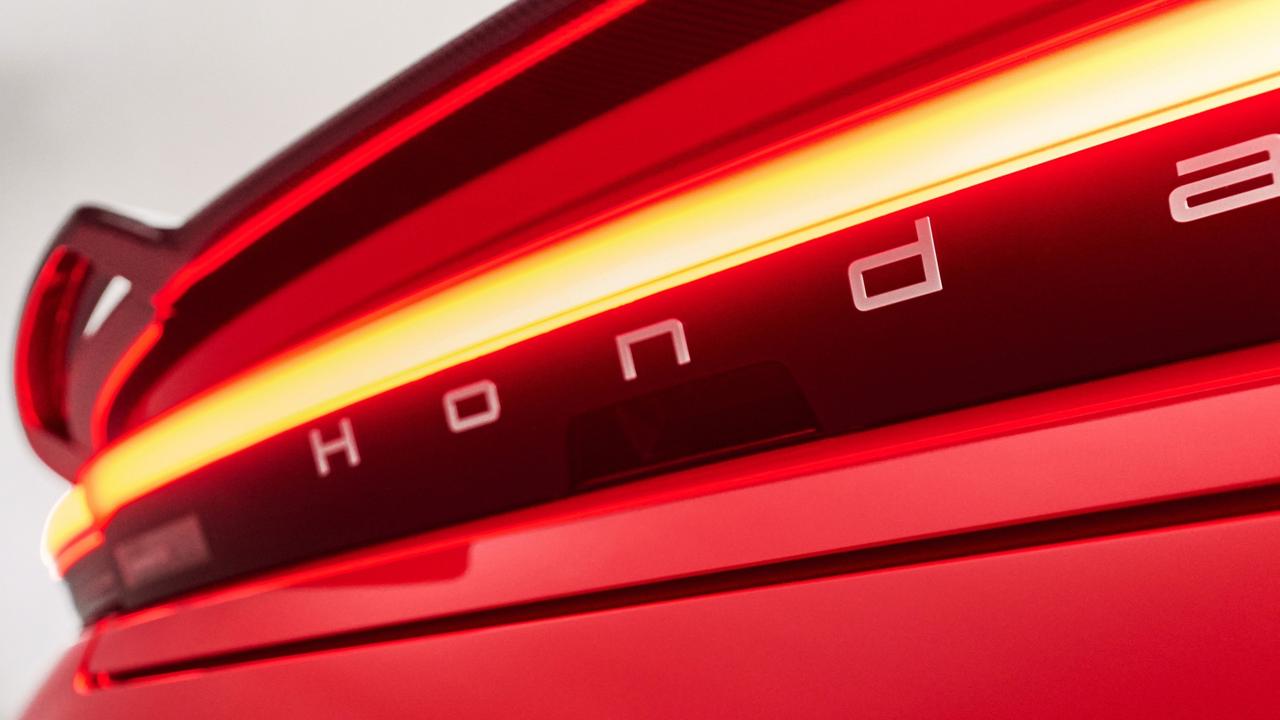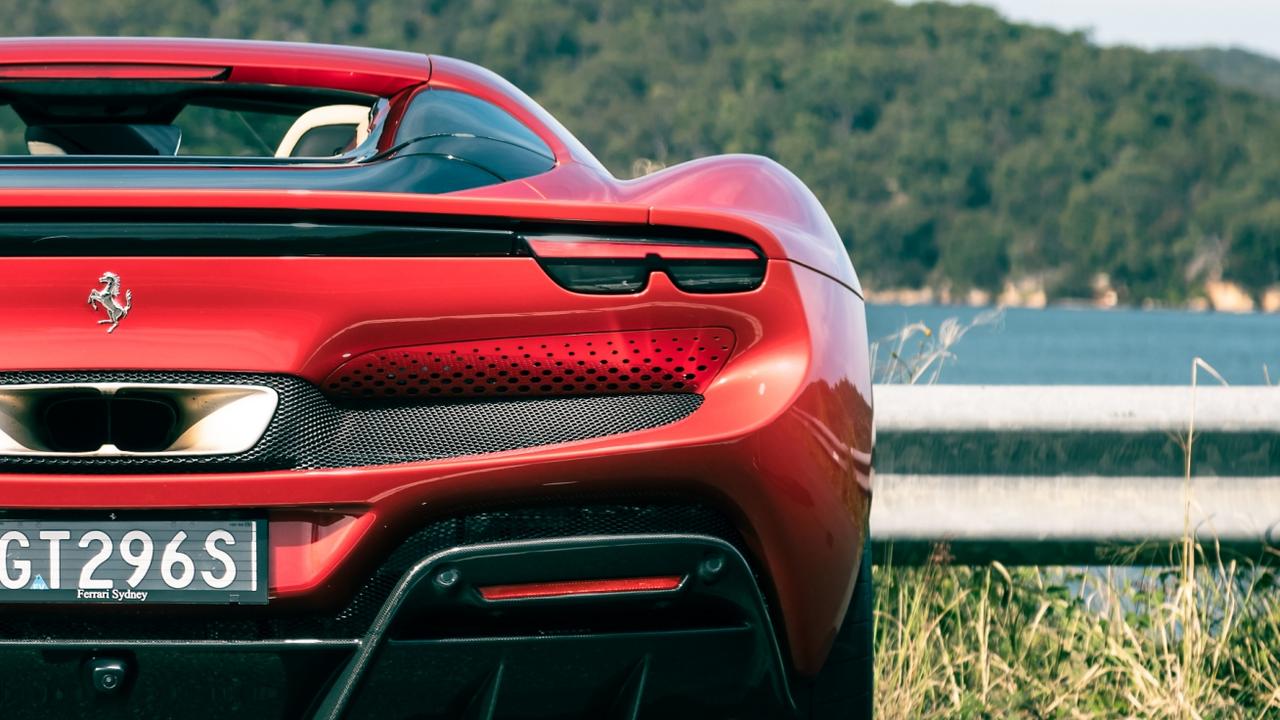Debate about New Vehicle Efficiency Standard gets out of hand
There have been some pretty wild claims on both sides of the fence since the government released its controversial New Vehicle Efficiency Standard
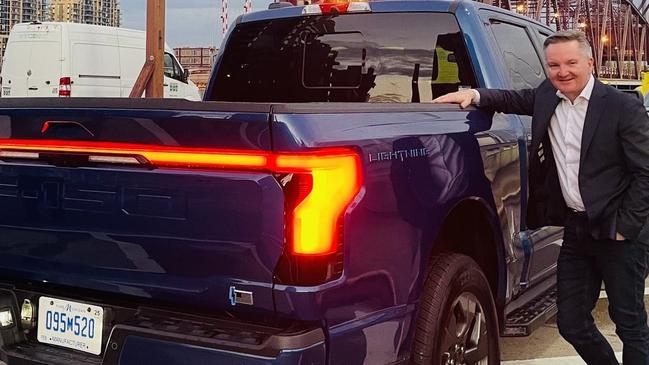
Motoring News
Don't miss out on the headlines from Motoring News. Followed categories will be added to My News.
COMMENT
They say the truth is the first casualty of war, and that’s certainly been the case in the ideological battle being waged around the Federal Government’s new vehicle emissions laws.
The Federal Chamber of Automotive Industries fired the first shot by claiming the new rules could add as much as $15,000 to the price of the country’s best-selling vehicle, the Ford Ranger.
It was a good headline, but it was seriously wide of the mark.
The calculation was based on the thirstiest vehicle in the Ranger line-up, the twin-turbo V6 petrol Raptor, and assumed that Ford would do nothing to improve the efficiency of the Ranger over the next five years.
EV advocates jumped on the exaggerated claims. Two members, Tesla and Polestar, quit the chamber in disgust.
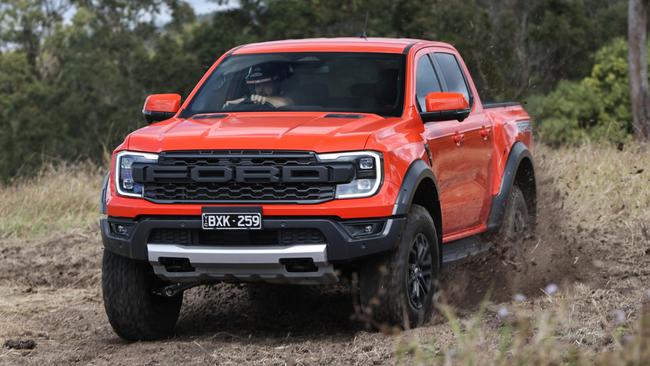
But Polestar opened its resignation letter with an oft-quoted, but misleading fact of its own.
It said that transport would become Australia’s biggest source of emissions by 2030 and that it already made up 19 per cent of the total.
That figure includes aircraft, ships, trains and semi-trailers, so why quote it in a discussion about passenger cars?
Climate Change and Energy Minister Chris Bowen is also stretching credibility with his defence of the New Vehicle Efficiency Standard, which experts have called the strictest in the world.
He told the Today Show this week that our cars are 20 per cent less efficient than the US, despite their love of big pick-up trucks.
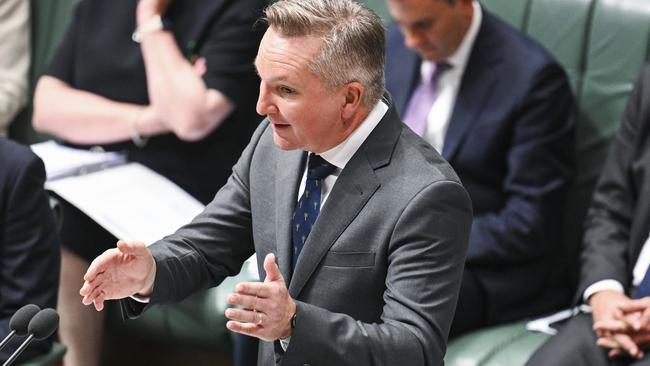
But the claim doesn’t pass the sniff test when you consider that the US’s top selling vehicles are big, thirsty pick-up trucks that use roughly a third more fuel than our most popular utes.
Mr Bowen’s office also seems to have developed amnesia about an EV road user tax.
The 89-page impact analysis for the NVES makes no mention of it, despite the fact that the analysis looks five years into the future.
An EV tax would put a sizeable dent in Bowen’s much-touted $1000 in annual fuel savings for EV buyers.
Bowen’s claim that the legislation won’t increase the price of new vehicles also doesn’t withstand scrutiny.
Then there are the EV zealots, who have painted Toyota as the pantomime villain in the EV debate.
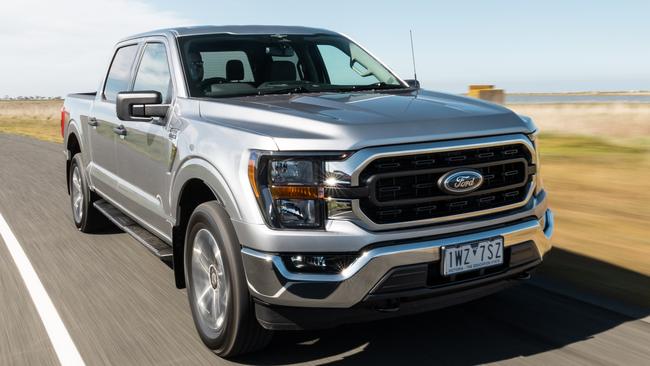
The founder of EV Choice, Bryce Gaton, has lauded Volkswagen, Hyundai and Kia for “rolling with the times” and embracing efficient cars, while calling Toyota a “laggard” dumping “their most expensive, polluting vehicles” on Australian buyers.
Toyota has done more to reduce vehicle emissions from passenger vehicles in the past two decades than those three brands combined. It has sold 400,000 hybrids in Australia and they create roughly 30 per cent fewer emissions than regular petrol vehicles.
Volkswagen is yet to introduce a traditional hybrid or electric vehicle in Australia (it has one plug-in hybrid). It recently launched a new diesel-powered ute and predicted it would be its best-selling vehicle.
Kia’s biggest announcement since the release of the NVES impact analysis was the launch of a new diesel ute.
Hyundai sold 79 more electric cars than Toyota last month, but the brand’s popular i30 hatch uses 10 litres per 100km in the city, where most people drive it. Toyota’s Corolla hybrid uses a third of that.
It would be a refreshing change if both sides of this important debate used a little less hyperbole and a little more honesty.
Originally published as Debate about New Vehicle Efficiency Standard gets out of hand


